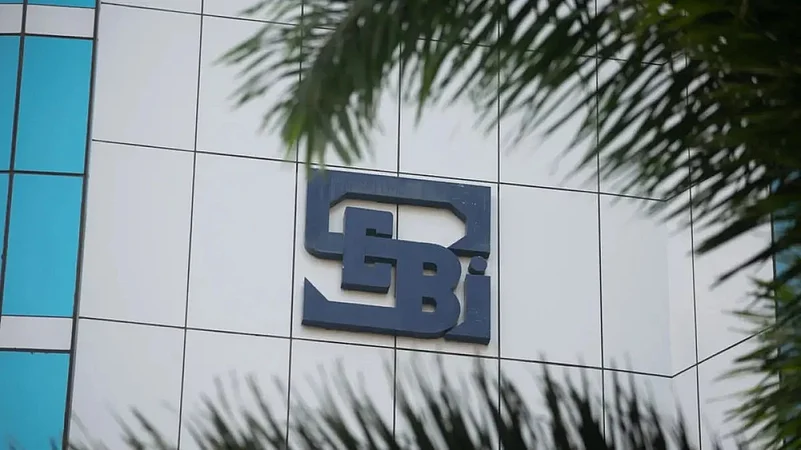The Securities and Exchanges Board of India (Sebi) has warned investors from investing in three unregistered entities. These three are: RDQ Tradingswala Technologies Ltd, LFS Broking and PMS Service, and Mol Commodities.
The three entities are not registered with the market regulator. Accordingly, Sebi has advised investors against investing in any scheme or product offered by these entities offering indicative, assured or guaranteed returns in the stock market. Offering assured returns is prohibited by law.
Unregistered Entities
The matter came to light after a person name Swapan Nayak was found collecting funds from the public while promising guaranteed returns. He claimed he was associated with RDQ Tradingswala Technologies Ltd.
Sebi issued a notice asking the public not to associate this entity with RDQ Stock Broking Pvt Ltd and its director Swarnendu Jana.
Similarly, LFS Broking and PMS Service, and Mol Commodities were found luring investors on the promise of assured returns, which is prohibited by law.
These entities are not registered members of Sebi and should not be confused with LFS Broking Pvt Ltd, which is a registered trading member of Sebi, and its company director Saiyad Jiyajur Rahaman, Sebi said.
Investor Protection
If the retail investor chooses to invest in entities which are not registered members of Sebi, they will not be protected under Sebi’s investor protection schemes, which means that a case cannot be registered with Sebi, under the provisions of loss of investors’ funds.
The investors will not be entitled to avail themselves of the dispute resolution mechanism of Sebi, which involves a standard operating procedure (SOP), under which a dispute between a listed firm and a shareholder can be resolved with the help of Sebi. Investors will also not be entitled to gain benefits from the Sebi complaint redressal system (SCORES) portal, which is a complaint registering portal by Sebi for investor protection.
In addition, they will also not be entitled to lay claim from the investor protection fun (IPF), in case of loss of funds.
This fund was created by stock exchanges with the help of the Union Ministry of Finance. The goal of the fund is to compensate investors if defaulters’ assets are insufficient to cover investors’ accepted claims. The fund is managed by the IPF Trust, which is led by public representatives, investor association representatives, board members, and senior officials of the exchange.
IPFT compensates investors to the extent of funds found insufficient in the defaulters’ account to match the acknowledged value of the claim. The maximum limit is set at Rs 25 lakh per investor per defaulter and/or expelled member in respect of claims originating from member expulsion and/or declaration of default. As of September 30, 2022, IPFT has Rs 1,558 crore in its account, while Rs 93.93 crore have been claimed during FY22-23.













